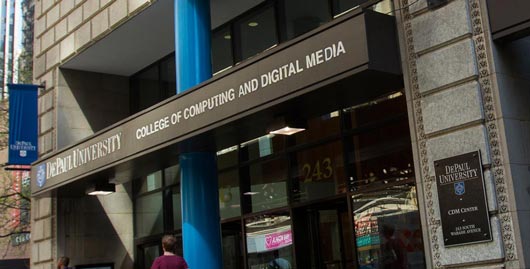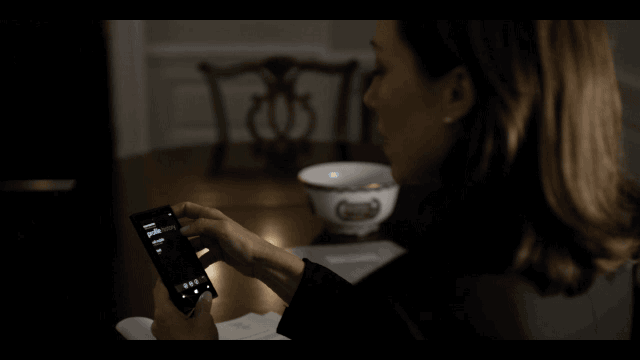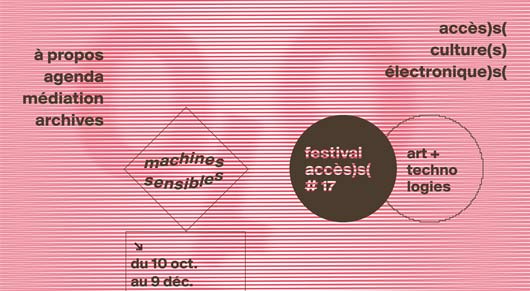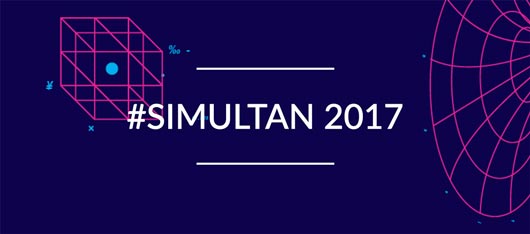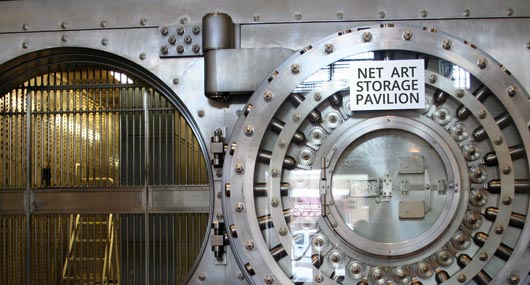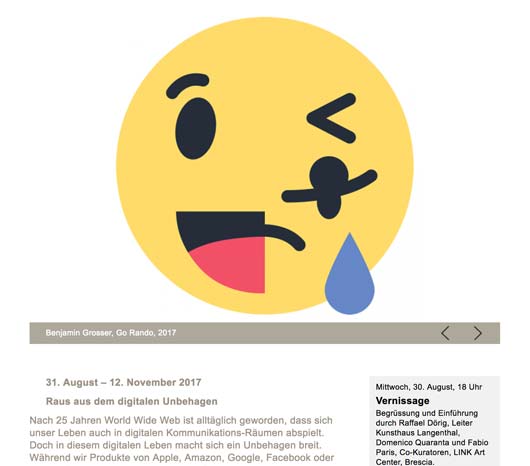Art storage is big business. Currently worth more than $1 billion USD, secure storage for paintings, sculptures, and other physical artworks facilitates global investment and trade in art as commodity. In fact, many artworks now go straight from sale to storage, never taking up space on the walls or floors of its owner.
Now, for the first time, I’m partnering with The Wrong to offer a new opportunity: secure storage for net art. Previously, net artists had no turnkey options for hiding their art from the public. The Net Art for Storage Pavilion will fill this gap, enabling artists to bypass their audience altogether by creating new works destined for the dark caverns of an infinitely large and secure digital warehouse. Why should only those artists and collectors engaged with physical media reap the rewards of such spaces? Now even those who work with the digital can have their work collected by investors seeking tax-free art transactions and full-service handling, all without the constraints of having to house the work themselves! Who knows how many markets might be opened up for net art when a new crop of art investors glimpse the profit potential for such work when it’s locked up and hidden from the world?
While an index of works in the Net Art for Storage Pavilion will be made available, the public will not get to see, access, or use the works themselves. Instead, the stored works will be sheltered away in an encrypted zip file that is housed on a secure server. Only two humans will safeguard the password for this zip: the curator of this Pavilion and the director of The Wrong. Otherwise, no access will be possible.
To participate, artists should create new work specifically for the Net Art for Storage Pavilion. This work can be submitted by the artists themselves, or by the owner/collector of the work. Each submitted work must be in a digital form that can be compressed, and should be accompanied by 1) the work’s title, 2) a short description of the work (as vague or revealing as the artist prefers), 3) a single representative image, and 4) a brief bio and link to the artist’s online home.
Questions and/or submissions can be directed to the Pavilion’s curator and manager, Ben Grosser, at grosser@bengrosser.com. The submission deadline is October 10, 2017 extended to October 15, 2017.
For discussion about the Pavilion, see its Facebook event.
More about https://www.facebook.com/thewrongbiennale/”>THE WRONG:
